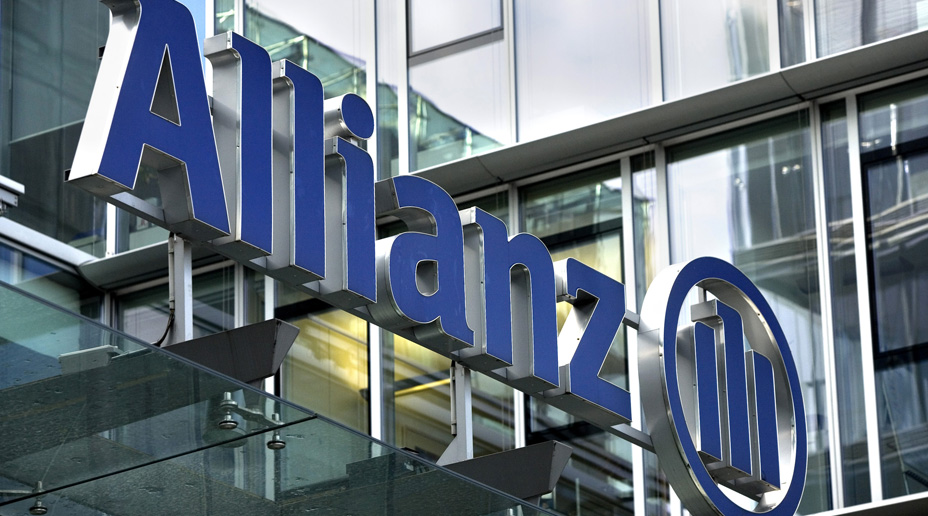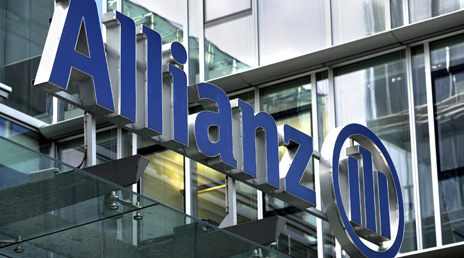After the event (ATE) insurance and funding – how to choose the right funding solution? Four things for law firms to consider.
Challenges in the personal injury and clinical negligence markets create new demands for ATE providers.
The market has come a long way since the early 2000s, when the use of conditional funding agreements or Conditional Fee Agreements for personal injury and clinical negligence actions were relatively new. ATE was in its infancy and personal injury Solicitors were under less cash flow pressure. Fast forward to today and the choice of ATE provider is often driven by 'what else' they can bring to the table.
It's so important to ensure that the ATE product provides the right cover, is easy to administer and pays out when called upon. Read: 8 important questions for your After The Event insurance provider | Allianz Insurance.
Specialist funders for personal injury and clinical negligence claims are limited, meaning ATE providers and medical agencies are now also providing funding to help meet the demands of law firms.

Four things to consider when making a choice:
1. Medical agency funding
Check the financial history of the medical agency, their experience and the service they provide. Ensure the service charges are clear and that you understand how reports are financed.
It’s important to consider any risk that charges, such as deferment costs, may be challenged at the end of the claim. Find out what the medical agency's success rate is in making a full recovery, and who pays for any shortfall in recovery.
2. ATE provider funding
Who provides the funding and how solvent is the organisation ‘putting up the money’? A financial health check should be made available to all parties in the chain to ensure customers and law firms are protected, especially with claims that can take many years to settle.
3. What's the overall cost structure for funding and who is liable for repayment?
4. What are the contractual arrangements and who is the funding for?
Is the funding for the client or the law firm? If it’s for the law firm, then it will be a commercial arrangement so unlikely to be aligned to the needs of the policyholder. It’s important to know:
- Will the policyholders' future disbursements be covered once the commercial arrangement ends?
- Will the policyholder have funding for future disbursements if their case runs for several years?
What's next for litigation funding?
The Financial Conduct Authority (FCA) has recently turned its spotlight to insurance premium finance, and whilst litigation funding is separate and unrelated, there could be similarities.
Consumer Duty rules and requirements have heightened the regulator's expectations for premium finance lenders with a greater onus placed on firms to ensure that the product provides fair value, is sufficiently understood by customers, and adequately supports them. It could be that similar attention turns to litigation funding, especially for individual claimants.
The latest addition to Allianz Legal Protection's (ALP) ATE insurance product suite, PAID+, firmly puts the needs of the customer first by helping to remove any unforeseen funding risk. As a Standard and Poor’s AA-rated insurer (2023), ALP’s solution with Speed Medical offers an indemnity for disbursements insured under the ATE policy at the time they’re incurred. This helps to remove the burden of those disbursements from the law firm with no financial risk or liability to the customer.
ALP’s sustainable product offering also provides policyholders with long-term security and protection through a disbursement facility that continually delivers until the legal action concludes, however long that takes.






























